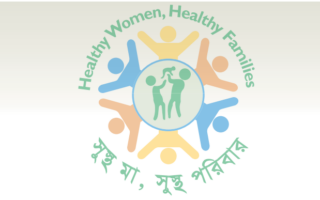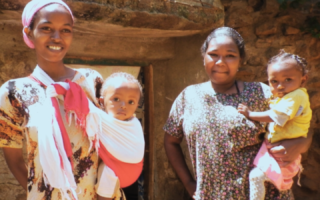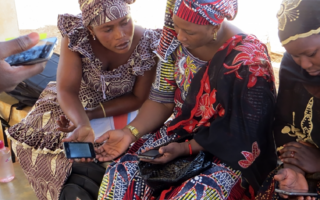
According to the UN’s 2019 estimates, Africa’s population scenario as a function of fertility, migration, and mortality rates is projected to be over 2.1 billion, fueled by a very high fertility rate. A wealth of literature has established a correlation between higher fertility rates, poverty, and pregnancy-related deaths/complications. For instance, of some 830 women who die daily from pregnancy or childbirth-related complications around the world, 99% of such deaths occur in low-income and middle-income countries.
In sub-Saharan Africa (SSA), 16% of women of reproductive age who desire to either limit or postpone childbearing do not currently use a contraceptive method. Most importantly, in this region, the rate of unmet need for family planning (FP) is about 21% among married women or those living in union. Such trends represent barriers in SSA to the achievement of universal access to sexual and reproductive healthcare services including for family planning by 2030, as stipulated in the third and fifth Sustainable Development Goals.
FP2030, a global partnership for FP, works with various stakeholders to expand access to and use of effective contraception, especially to those who need them most.
Population Council Nigeria hosts and manages the FP2030 North, West, and Central Africa Hub. The hub coordinates and supports country-specific activities in the region to ensure strengthening of the FP partnership, fulfillment of countries’ family planning commitments, and achievement of the FP2030 goal. In line with this, it provides a platform to support evidence-based advocacy necessary to create an enabling environment for family planning in the region. The Council supports civil society organizations, youth-led organizations, and the private sector (and others) to implement advocacy and other interventions critical to overcome opposition and to remove funding and policy barriers that impede access to family planning.
In addition, the hub builds capacity and provides technical assistance to government, civil society, and other partners; and provides and fosters use of data for decision-making, accountability for commitments, actions, and results. The hub also coordinates regional stakeholders’ and partners’ efforts, aligns strategies, facilitates learning exchanges and integration into regional and national development agendas, and amplifies family planning messages.
About Family Planning 2030
Family Planning 2030 (FP2030) is a global partnership working with governments, civil society, multilateral organizations, donors, the private sector, and the research and development community to enable millions more women to use contraceptives no matter where they live. An outcome of the 2012 London Summit on Family Planning, FP2030’s objective is to ensure universal access to sexual and reproductive health services and rights by 2030, as laid out in Sustainable Development Goals 3 and 5. FP2030 is in support of the UN Secretary-General’s Global Strategy for Women’s, Children’s and Adolescents’ Health.




